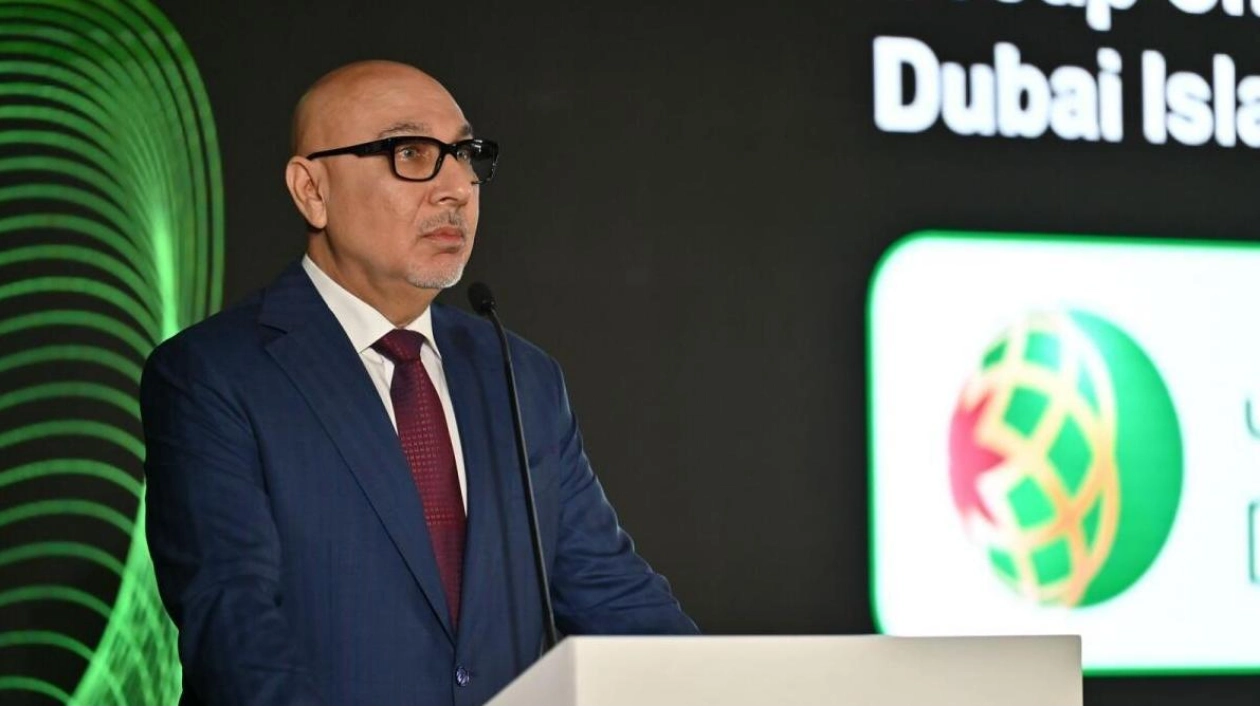Abdul Waheed Rathore. KT Photos: Rahul Gajjar
The era is not one of competition but of cooperation among banks, fintech, and other industry players, according to a senior industry executive who spoke on Wednesday. At the Banking, Innovation and Technology conference organized by Khaleej Times, Abdul Waheed Rathore, Group Chief Compliance Officer at Dubai Islamic Bank, emphasized that financial institutions must embrace partnerships—whether for KYC, identification, or verification purposes.
“We must connect with governmental sources such as the Emirates ID authority, UAE Pass, and others to manage our customer relationships, serve them, and acquire new customers through our partnerships,” Rathore said. By the first quarter of 2025, it is anticipated that banks will need to implement all application programming interfaces (APIs) to foster open banking.
“Open banking will involve various non-banking FinTech players and quasi-banking entities that are part of the broader financial ecosystem. Banks will need to connect with these entities to acquire new business and service existing customers. This is no longer optional; you are either part of the game or you are out. This is not an era of intense competition but of cooperation. We will see increased cooperation between fintechs and money service businesses. Telecom companies are already heavily involved, and these collaborations are expected to grow,” Rathore explained.
Earlier, Michael Jabri-Pickett, Editor-in-Chief of Khaleej Times, welcomed attendees to the conference, which was attended by numerous industry professionals from the banking and technology sectors across the UAE.
‘Traditional banking no longer valid’
In his keynote address, Abdul Waheed Rathore stated that the traditional form of banking is no longer a viable model as customers are not adhering to traditional banking methods.
“The traditional form of banking is no longer valid. Today, data belongs not to any single institution but to the customer. If the customer permits data sharing, you must comply. This introduces a new regime for information sharing and data protection, such as the GDPR regulation, which originated in Europe and has since been adopted by other jurisdictions within the emerging ecosystem,” he added.
Rathore provided an example: “Brick-and-mortar banking is no longer a dominant presence. If you walked down Park Avenue or Midtown Manhattan 20 years ago, you would see a bank branch on almost every second block, each about 12,000-15,000sqft. Today, you would find fewer branches, and they are much smaller. The customers haven’t disappeared; they have grown exponentially but are not following traditional banking methods.”
He further explained that banks need to ensure their systems are designed to provide a seamless, ‘wow’ customer experience. Rathore noted that traditional banking has been a ‘self-contained industry’ where banks aimed to handle everything themselves, whether attracting new customers through branches or external sales forces, processing payments, or providing customer service through call centers.
Source link: https://www.khaleejtimes.com






